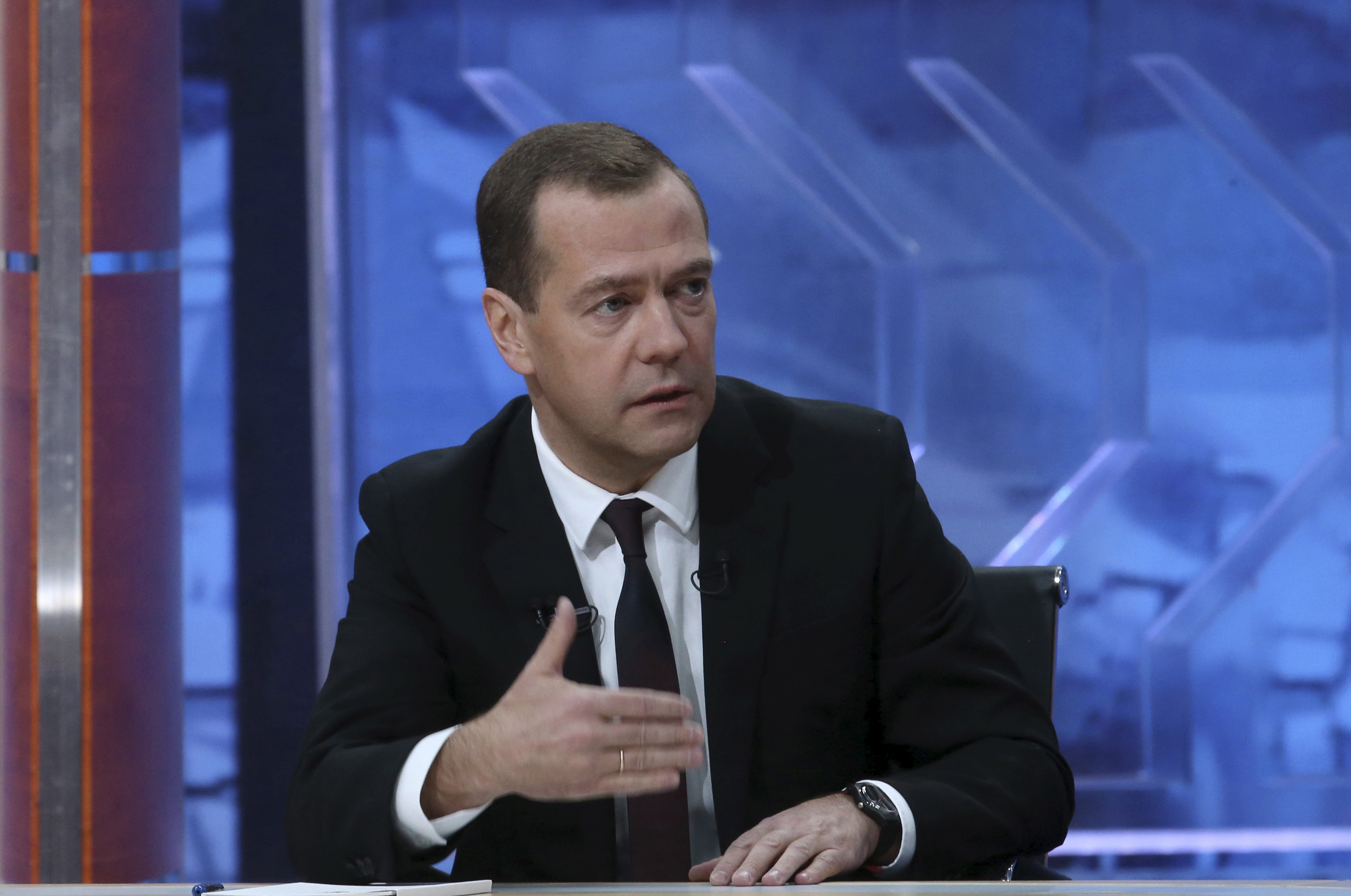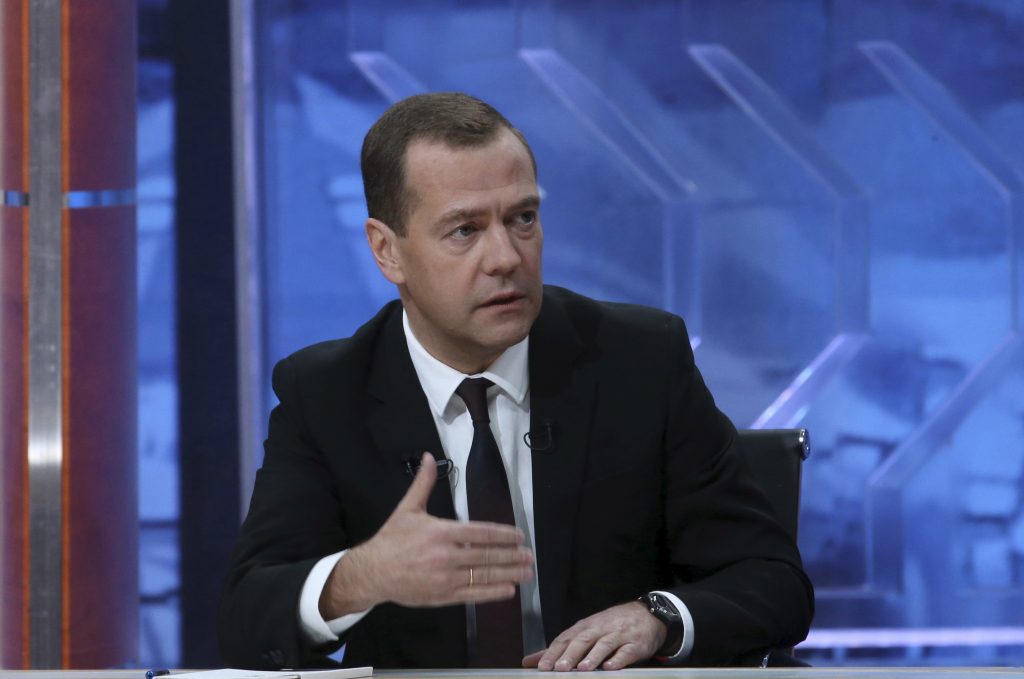 The International Monetary Fund decided on Dec. 8 to change its Lending into Arrear Policy (LIA).
The International Monetary Fund decided on Dec. 8 to change its Lending into Arrear Policy (LIA).
Until now, the Fund could only lend to a member country if all the arrears on its sovereign debt were cleared, with two exceptions, contingent on specific conditions on the state of the negotiation with official creditors of the Paris Club or with the private sector.
In the case of a government holding sovereign debt, the IMF lends only after an agreement is reached in principle at the Paris Club, the group of official creditors that represents major developed economies. This agreement must include a clear path towards debt relief or debt restructuring.
Alternatively, in the case of a private creditor, the member state should demonstrate “good faith” while negotiating debt restructuring, and the Fund’s support is a necessary condition for ensuring an ordered adjustment path.
The decision to accept lending to a country in arrears with the private sector was taken at the end of the 1980s when it became clear that the problem was often not public sector lending, but rather the sovereign debt held by large investment and commercial banks. Without creating an exception to the standard view of intolerance of lending into arrears, the private sector would in practice have had a veto power over many IMF programs.
But a group of emerging lenders arose in the past twenty years, governments that are not part of the Paris Club such as China and the Arab Gulf countries. These countries started to lend to fragile economies thereby providing an alternative to IMF programs, which often involve stringent terms. These countries also tend to act as a substitute for traditional bilateral donors (the United Kingdom and France, for instance) that are facing budget constraints.
Russia, for example, has lent €3 billion to Ukraine. China has given sixteen loans to Venezuela worth more than $56 billion, ten loans worth $22 billion to Brazil, and an astonishing total of $80 billion in loans to all Latin American countries. China is heavily invested in Africa where it has given a total of $56 billion in loans over the past ten years. Qatar has provided Egypt with financial assistance worth $8 billion over the part five years.
In order to prevent a veto by a single member country that is not part of the Paris Club, and also to better align the treatment of private creditors with official creditors, the IMF decided to allow lending to a country in arrears with official creditors.
This is clearly a move to prevent Russia from interrupting financial assistance from the IMF to Ukraine given the fact that the issue of €3 billion loan, which expires Dec. 20, remains unresolved. While Ukraine is successfully renegotiating its obligations with the private sector, Russia decided not to participate in the debt restructuring process under the framework of the IMF program.
It also sends out a significant message: global economic governance is at risk.
We cannot accept a marginal role for the IMF because it represents the international community and follows clear institutional rules — the Article of Agreements — that have been signed by member states.
At the same time, we cannot accept a change in the rules to adapt to specific cases such as the expiration on Dec. 20 of the Russian loan to Ukraine. The Fund was criticized for similar short-term notice changes when it offered the second bailout package to Greece in 2012.
What is needed, instead, is the full inclusion of new actors — China, Russia, and the Arab Gulf states — in global economic governance, which cannot remain solely an EU-US arrangement. These countries could be included in the Paris Club. This will not be easy, but it is inevitable to prevent future situations like the one we face with Russia and Ukraine.
A stronger voice in the IMF is also needed to get countries to act more responsibly and in the international community’s interests. Only then will loans and financial support continue to go primarily through the IMF, an institution in which an equitable solution can still be found to global tensions and disparate positions.
Andrea Montanino is the Director of the Global Business and Economics Program at the Atlantic Council. He is a former Executive Director of the International Monetary Fund representing the governments of Italy, Albania, Greece, Malta, Portugal, and San Marino.
Image: Russian Prime Minister Dmitry Medvedev is interviewed on state television in Moscow on Dec. 9. Medvedev said he did not believe Kyiv would repay a $3 billion debt to Russia because Ukrainian officials are “crooks.” (Reuters/Ekaterina Shtukina)
